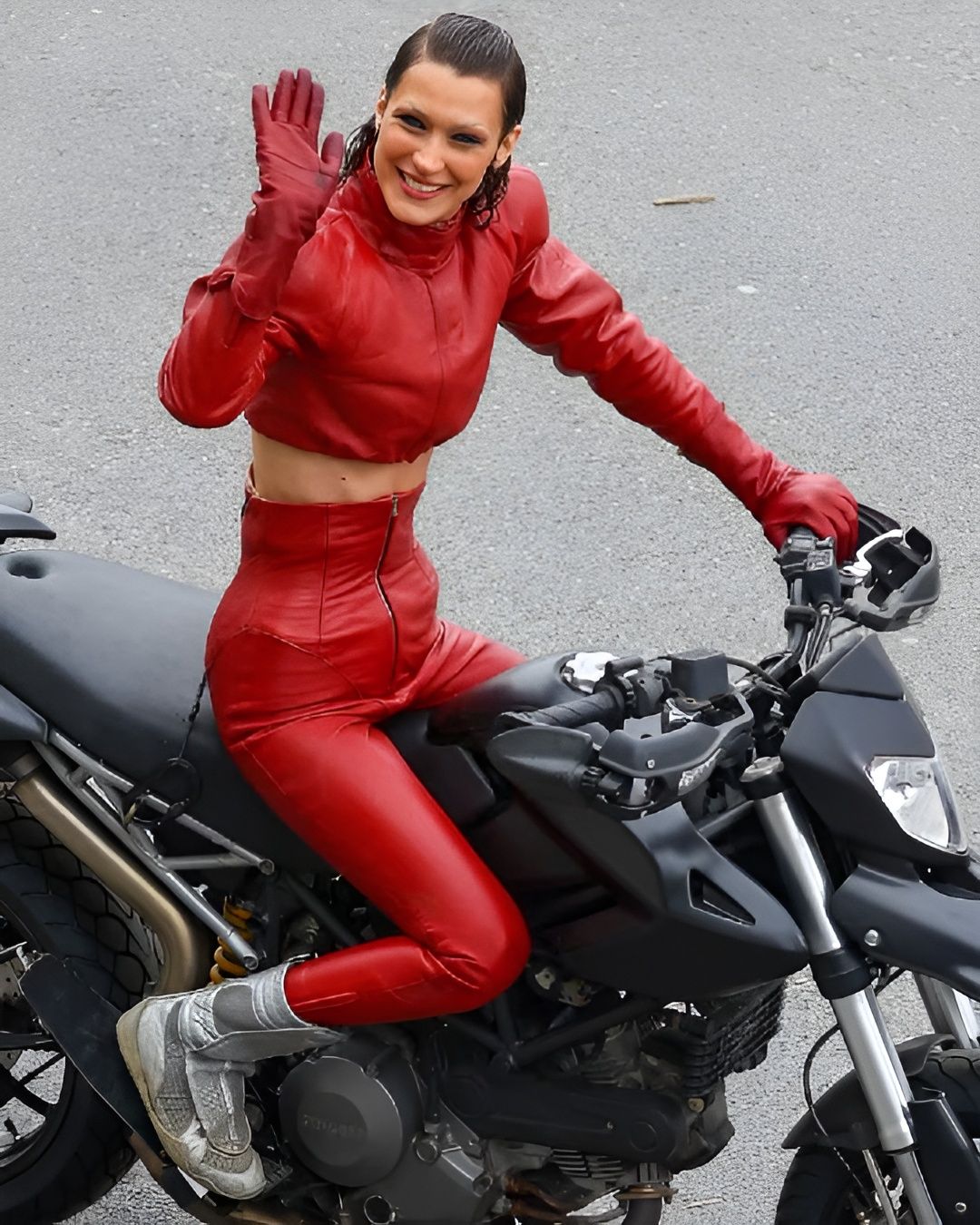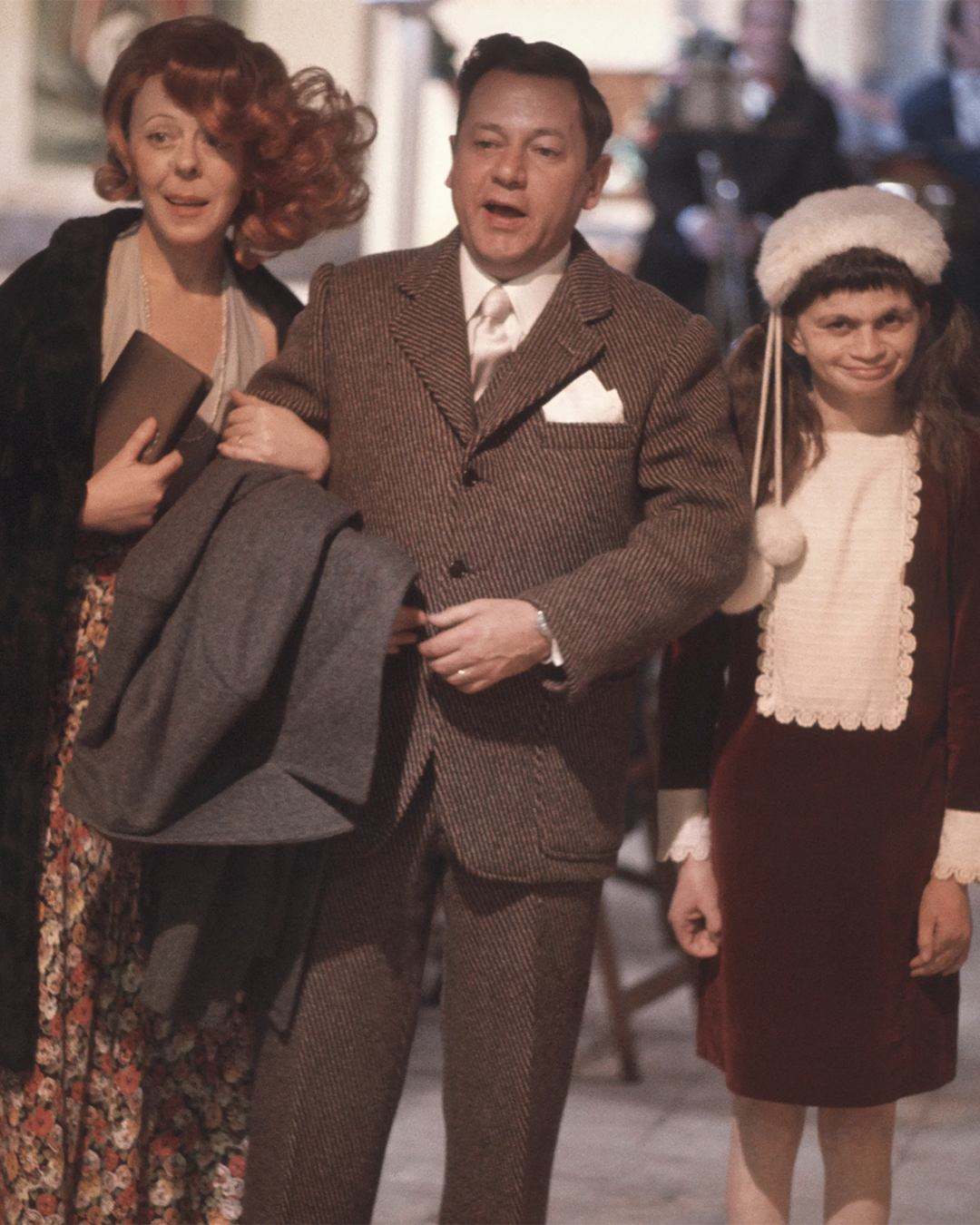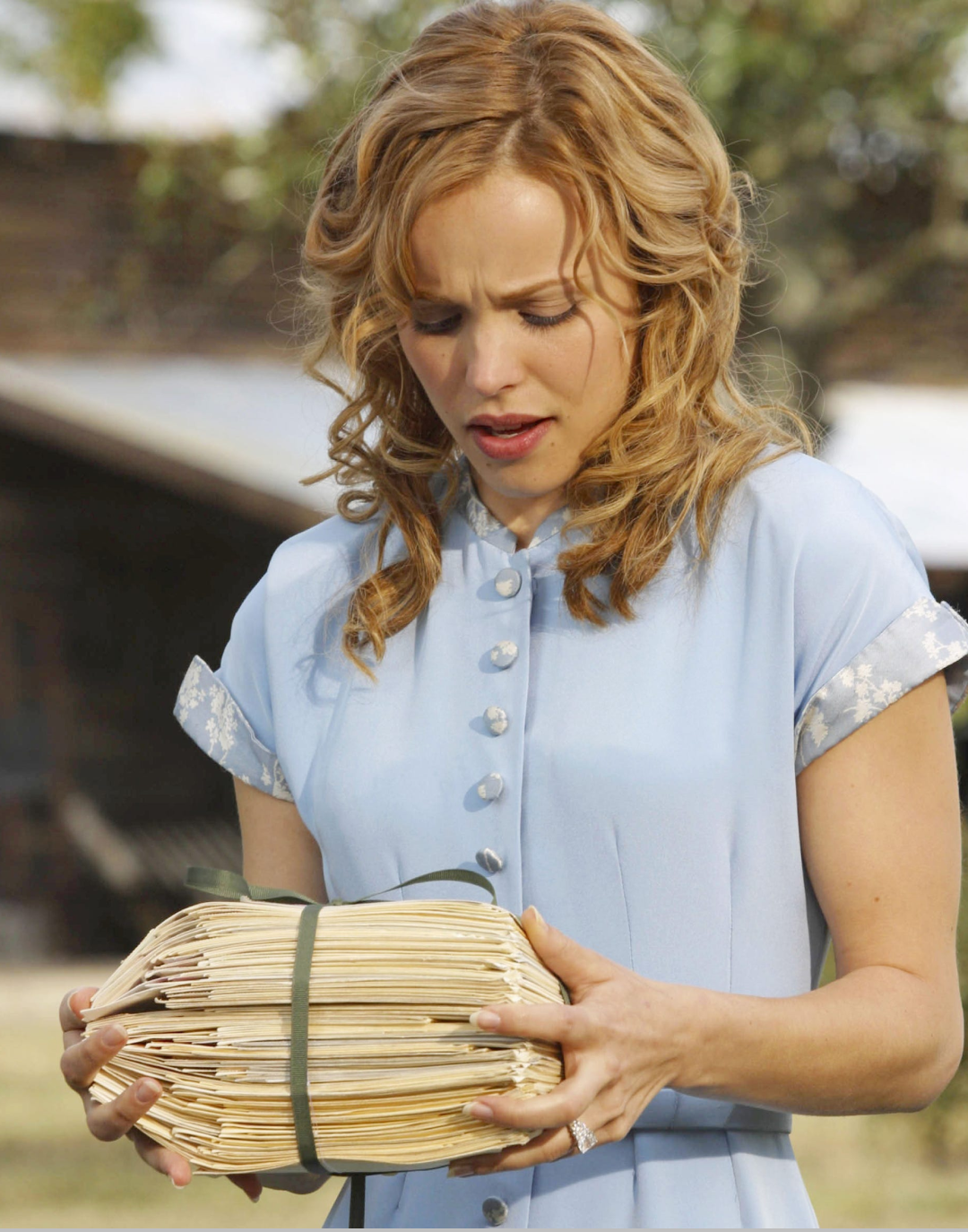
The incredible story of Forever 21 shorts sold for $300 Outrageous prices and ethical debates on Depop
The Millennials feel yet another blow to their age as they learn that a Forever 21 short is labeled as "vintage" by a Gen Z seller on Depop, an American second-hand platform, similar to Vinted. But what has caused general outrage on the internet is not so much the designation but the price of the item. The Depop seller listed the shorts for 298 dollars. She justifies her price in the description: "Rare vintage Forever 21 leopard sequin shorts similar to the viral vintage Charlotte Russe shorts. Firm price." An astronomical price considering the original price surely did not exceed 20 dollars. Not to mention the poor quality of the materials fast fashion is known for.
@kaym0neyyy These depop sellers must be stopped
original sound - K mo
The story exploded when Kiana, kaym0neyyy on TikTok, posted a video sharing the Depop listing in question with the title: "Depop sellers must be stopped". The comments share the shock of the TikToker and are outraged by the seller's audacity to put in the same sentence "vintage, rare" and "Forever 21". Kiana explains that she came across this listing when she saw a TikTok from a Depop seller named @jbeescloset. In a viral video, this seller explains that she found a satin yellow dress from the brand Cache in New York and shortened it to make it mini. The singer of "Espresso" published photos on Instagram referencing the movie "How to Lose a Guy in 10 Days". Curious, Kiana took a look at the Depop account of Jules where she discovered the scandalous priced Forever21 shorts. Moreover, it turns out that the user buys clothes on the same platform and resells them at inflated prices. For instance, a short Hollister she bought for 30 dollars and then resold for 100 dollars under the pretext that it was "rare and vintage".
A practice that is not against the resale site's rules but still raises questions about its ethics. Debates continue on what is considered "vintage". According to the general standard of the fashion industry, clothes labeled as "vintage" are those between 20 and 100 years old. Much to the Millennials' dismay, the Y2K fashion is indeed vintage... Therefore, what e-commerce sellers are doing, is it so different from the practices of antiquarians? Does the quality, materials, brand define the price of vintage, or rather the popularity and rarity of the piece? In a context where the fashion trend cycle is shortening more and more, the term "vintage" could morph, whether Millennials like it or not.














































